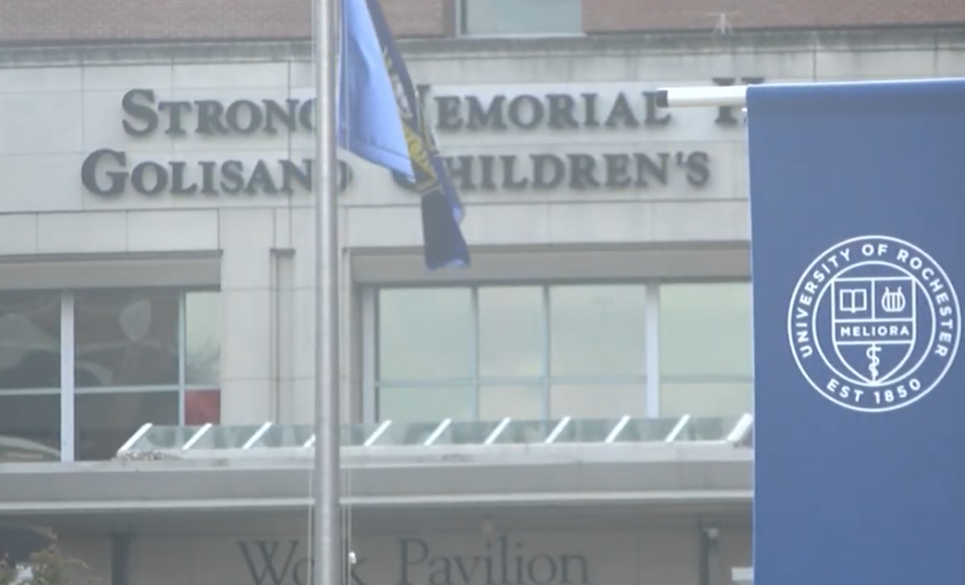The MyChart Settlement Form has evolved into a symbol of accountability, serving as a reminder to patients that even the most reliable healthcare systems have to respond when privacy is violated. When personal information may have been disclosed to third parties without consent, the form is fundamentally a very powerful tool for people to recover their agency. Every claim filed is more than just an attempt to get money; it is a declaration that patient rights are important and that digital transparency is now required.
The settlement with BJC HealthCare demonstrates the scope of this problem. Its MyChart portal allows patients who used it between 2017 and 2022 to submit claims for a payout of $35, which is currently estimated to reach $5.5 million with the potential to reach $9.25 million. Over a million patients at Mount Sinai are protected by a $5.26 million contract for information purportedly given to Facebook. Advocate Aurora promised pro rata payments of up to $50 per person and set aside $12.2 million. Meanwhile, Johns Hopkins’ Pixel Privacy Settlement offers $16.50 to its patients. The message they convey is remarkably similar, despite the differences in payouts: healthcare systems cannot take patient data lightly.
Although completing the form may seem complicated, it is a very simple process. After verifying which MyChart system they used, patients go to the official settlement website, such as AdvocateAuroraSettlement.com or bjcdataincident.com. They then check their information, download or fill out the form online, and submit it by the due date. Because it eliminates the intimidating barrier of legal jargon and substitutes it with a simple process of redress, this is especially advantageous for many.
MyChart Settlement Form – Key Information
| Term | Details |
|---|---|
| Issue | Class-action lawsuits over alleged data sharing from MyChart patient portals with third parties without consent |
| Health Systems Involved | BJC HealthCare, Mount Sinai, Advocate Aurora, Johns Hopkins |
| Settlement Funds | BJC ($5.5m, possibly rising to $9.25m), Mount Sinai ($5.26m), Advocate Aurora ($12.2m), Johns Hopkins Pixel Settlement (cash payments around $16.50) |
| Eligible Users | Patients who accessed MyChart portals or affiliated apps between specific dates (varies by health system) |
| Compensation | Cash payments ranging from $16.50 to $50 depending on claims filed and settlement fund balance |
| Deadlines | Advocate Aurora – January 18, 2024; BJC – October 8, 2025; Mount Sinai – October 14, 2025; Johns Hopkins – August 19, 2024 |
| Legal Oversight | Federal class-action courts; attorneys approved as Class Counsel |
| Claim Process | Download or request the form, fill with personal info, submit online or by mail before deadline |
| Broader Impact | Heightened awareness of healthcare data privacy, patient rights, and regulatory scrutiny |
| Reference | Advocate Aurora Settlement – www.advocateaurorasettlement.com |

This change has reverberated outside of hospitals. The uncontrolled flow of digital data has been regularly criticized by tech titans like Elon Musk, and public figures like Serena Williams have openly discussed their dependence on medical apps and the significance of safe platforms following childbirth. These cases demonstrate how discussions about who should have control over personal information in society at large and data privacy in healthcare are compatible. This problem is not limited to the healthcare industry; it is a component of a broader discussion about digital ethics.
In a proactive move in recent days, Johns Hopkins pledged to stop using Meta Pixel on its website for a minimum of two years, barring governance committee approval. Even though they are reactive, these actions show a markedly greater understanding of the dangers posed by digital tracking technologies. Additionally, they exhibit a highly adaptable strategy, proving that organizations can modify procedures without sacrificing transparency.
The emotional toll of these settlements has also been reflected in the stories that patients have begun to share. For some, the modest payment serves as a powerful yet symbolic reminder that their concerns are taken seriously. Others, especially those who are not as tech-savvy, have found the claim process to be surprisingly accessible and reasonably priced when compared to what they anticipated from a federal class-action lawsuit. Even though the settlement forms are straightforward, they have been incredibly successful in reestablishing a sense of justice.
For the future of healthcare, the implications are especially novel. Because they are used to shopping and banking via apps, younger generations assume that hospitals are very trustworthy data stewards. Seeing institutions held publicly accountable gives older patients, who frequently have less faith in online systems, a sense of security. Stronger protections for both groups are advantageous, and once they are formally codified into requirements by courts and settlements, they are remarkably durable.
The momentum from these lawsuits, according to legal experts, may lead to national reform. Federal regulators are anticipated to push for a much quicker rollout of privacy protections in all healthcare systems in the upcoming years. Hospitals may have to pay more in the short run, but patients who are demanding more accountability will be more trusting of them in return. This change is not only very successful in preventing data misuse, but it is also very successful in changing the way that institutions view accountability.
Despite its apparent simplicity, filling out a MyChart Settlement Form has significant ramifications. Patient privacy is a fundamental expectation, not an afterthought, as each signature affirms. It is indicative of a larger cultural awakening in which people demand that their private health information be treated with the same level of care and security as their financial or legal documents.

